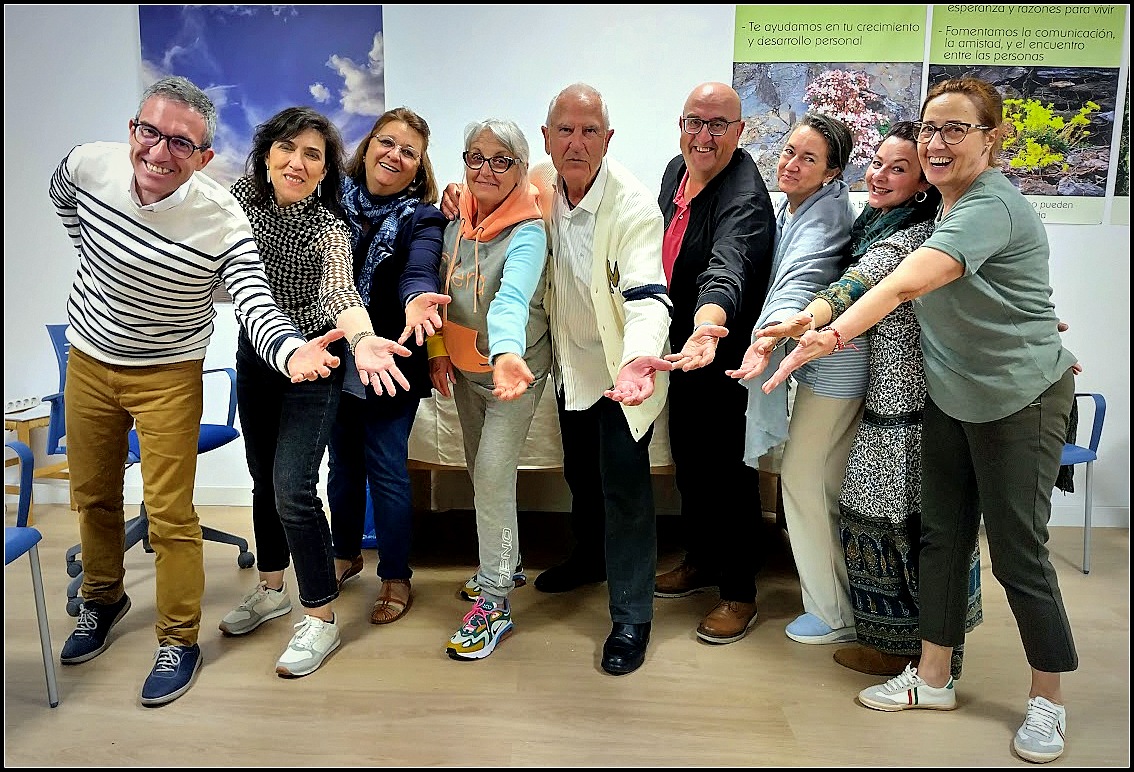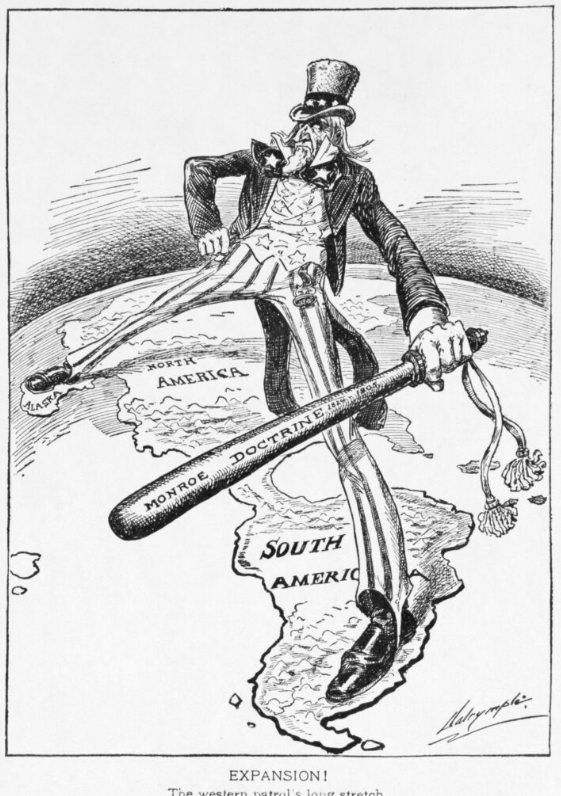¿OFRECEMOS CALIDAD?
Si nos preguntan todos diremos que sí, pues comercialmente es un recurso muy atractivo. Hemos de tratar de entender qué significa “calidad” en un contexto empresarial, pues no se trata de un concepto de mercadotecnia, sino más bien estratégico. Recurriendo a los especialistas y pensadores, puede definirse como el cumplimiento de características y especificaciones y proporcionar satisfacción del cliente.

La calidad no está en el trabajo que hace la gente, sino en la gente que hace el trabajo. Las personas son más importantes que los proceso y, por ello, cada uno ha de ser responsable de su trabajo, sólo así, se podrá cumplir con cada una de las especificaciones que establece el cliente para la entera y cambiante satisfacción de sus necesidades.
Llegamos a uno de los conceptos más desarrollados y discutidos con relación a la mejora del funcionamiento y crecimiento de una empresa, la motivación. Esta, junto con la formación y la incorporación positiva de la experiencia, es el combustible de la calidad.
¿Cómo debemos proceder? Primero, necesitamos obtener los requisitos del cliente y cualquier otro de otros grupos de interés que nos ayude a satisfacer las necesidades; y, segundo, estableciendo un ciclo PDCA (del inglés plan-do-check-act, esto es, planificar-hacer-verificar-actuar). Es el ciclo que debe seguirse en el camino hacia la calidad, y mientras este ciclo, o esta rueda, esté girando, la calidad avanza, se generan mejoras, el sistema funciona. En cambio, si la rueda se detiene, la calidad se estanca, y luego retrocede, por la tendencia natural que tienen todas las cosas al desorden, al caos. Es simple. No se planifica más, entonces no se desarrollan los planes, nadie verifica los resultados y finalmente no habrá acciones de mejora.
Debemos tener claro que si seguimos el ciclo PDCA, estamos ofreciendo calidad.
Finalmente reseñar que la calidad empieza con el cambio de valores, ética, disciplina, orden, limpieza y puntualidad de uno mismo. Luego convirtámonos en agentes de cambio al trasmitir a través del ejemplo; no exijamos cambio, seamos nosotros el cambio.
“No conozco un valor mayor, que el necesario para mirar dentro de uno mismo” (Osho).
DO WE OFFER QUALITY?
If they ask us all say yes, it is a very attractive commercially resource. We must try to understand what means «quality» in a business context, because is not a marketing concept, but rather strategic. Resorting to specialists and thinkers, it can be defined as features and specifications compliance and customer satisfaction provision.
The quality is not at work that people do, but the people doing the work. People are more important than the process and therefore each must be responsible for their work, just like that, you can meet each of the specifications established by the customer for the entire meeting their changing needs.
We arrived at one of the most developed and discussed concepts in relation to improvement performance and business growth, motivation. This, together with training and positive incorporation of experience, is the fuel of quality.
How should we proceed? First, we need to get customer requirements and any other from stakeholders to help us meet the needs; and, second, establishing a PDCA cycle (plan-do-check-act). It is the cycle to be followed on the way to quality, and while this cycle, this wheel is spinning, quality advances, improvements are generated, the system works. However, if the wheel stops, quality stagnates, then back, by the natural tendency of all things to disorder, chaos. It is simple. Do not plan more, then plans are not developed, no one verifies the results and finally there will be not improvement actions.
We must be clear that if we follow the PDCA cycle, we are offering quality.
Finally note that quality starts with values, ethics, discipline, order, cleanliness and punctuality changing of oneself. Then let us become agents of change in transmitting through example; not demand change, let us change.
«I know of no greater value than needed to look within oneself» (Osho).
Antonio González Losa
















